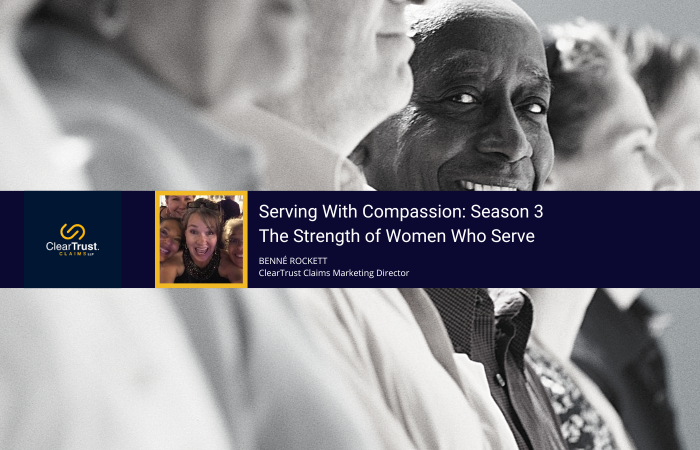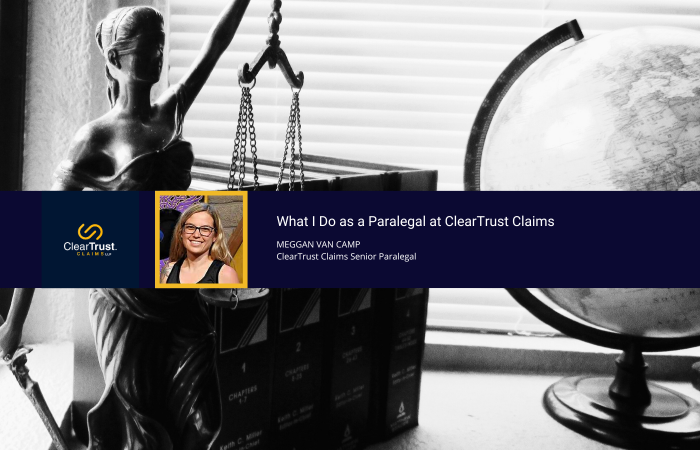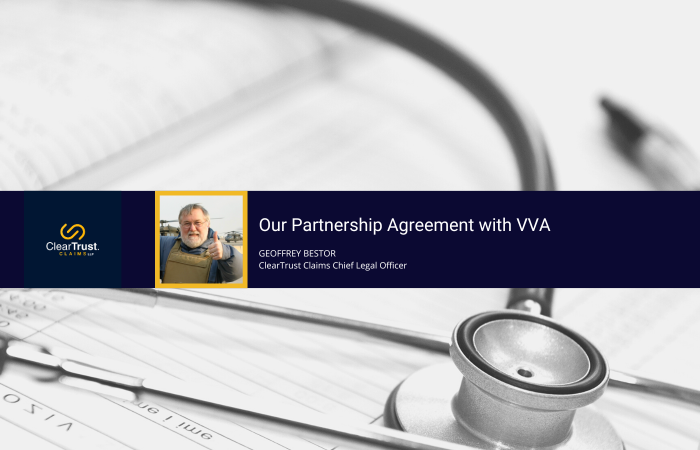As anyone who served before the 1990s knows, asbestos was to be found everywhere in the military. Asbestos, and products containing asbestos, were used on virtually all bases of all the services for insulation, fire protection, and many other purposes. There were asbestos-containing components in many, if not most, military vehicles; all Navy ships and boats contained asbestos throughout; anything involving HVAC, construction, and vehicle maintenance and repair likely included asbestos exposure.
We have learned over the past few decades just how deadly asbestos can be. Thankfully, most veterans do not become sick from asbestos exposure, but there are plenty of veterans who do. There is compensation available to veterans (and civilians) suffering asbestos-related disease, compensation that is separate from VA benefits and does not require that the sick veteran go to court. Billions of dollars in compensation are available from what are known as asbestos trusts. The purpose of this article is to describe the asbestos trust compensation system and how eligible veterans can obtain compensation.
Asbestos was used everywhere in the country prior to the 1980s. Asbestos has excellent insulating and fire-retardant properties and is easy to work with. Unfortunately, asbestos also can make people very sick, with symptoms not appearing for up to forty years, and even more, after exposure. Starting in the 1980s, companies mining, manufacturing, and using asbestos faced tens of thousands of lawsuits in court. In 1994, Congress passed an amendment to bankruptcy law that allowed these companies to set up asbestos trusts to compensate asbestos disease victims and spare the companies of any further court lawsuits.
More than 50 companies that mined asbestos, made asbestos-containing products, or used asbestos in their workplaces have set up trusts to pay claims of individuals who suffer from asbestos-related diseases. These trusts currently have about $25 billion in assets. The trusts are set up on a model similar to Medicare or Social Security: if a claimant meets the eligibility requirements, the claimant gets paid. There is no litigation, no discovery, no courts. Eligibility is determined by information and documentation submitted by the claimant: if the claimant can check the required boxes, he or she gets paid. Compensation ranges from a few thousand to several hundred thousand dollars, depending on the severity of disease and the number of different trusts for which a claimant qualifies.
To qualify, a claimant must have one of several specified diseases that are all related to lung damage (mesothelioma, lung cancer, some other cancers, or asbestosis), six months of exposure to the particular company’s asbestos, and lifetime exposure to asbestos of (usually) five years, including civilian employment as well as military service. Veterans with one of the listed diseases will disproportionately qualify for trust payments because asbestos was used throughout the military. Veterans can establish their exposure simply by showing that they served at locations (which include Navy vessels) on the very extensive site lists maintained by the trusts. There is no need to demonstrate that the veteran specifically worked with asbestos. If he or she served at a listed site, the trusts assume exposure.
As a result, veterans who suffer from one of the listed diseases have a good chance of qualifying for compensation. Civilian employment counts toward the five-year total exposure requirement, and there are thousands of civilian sites on trust site lists and hundreds of civilian job categories for which the trusts presume exposure. Any veteran who currently (or in the future) suffers from one of the listed diseases, or has a diagnosed breathing problem associated with impaired lung function, is well advised to consult with a knowledgeable lawyer about the possibility of asbestos trust compensation. Legal representation can be obtained without cost, with the lawyer being paid only if compensation is recovered. Lawyers generally charge a percentage of the compensation as their fee. These percentages can vary widely and potential claimants should take that into account, not to minimize the necessity that your lawyer knows what he or she is doing, and, most importantly, that you trust them.
Most veterans (and civilians) likely have never heard about the asbestos trusts. Anyone who watches late-night TV has heard of mesothelioma. Mesothelioma is compensated for by the trusts, at the highest amounts for any disease, and anyone with mesothelioma should absolutely be applying for trust compensation. But the asbestos trusts also provide compensation for a range of other diseases, ranging from lung cancer to mild breathing problems caused by scarring of the lungs. Many veterans are eligible for compensation from the billions of dollars set aside for this purpose by the trusts without knowing so. VA benefits are not veterans’ sole source of compensation. Even if a veteran has been rejected by the VA for a service-connected asbestos-related disability, the veteran can still qualify for trust compensation since the VA’s service connection rules in disability cases do not apply to asbestos trust claims. The veteran community, including family and friends, needs to know about the availability of asbestos trust compensation. Hopefully, this article will be a start.




